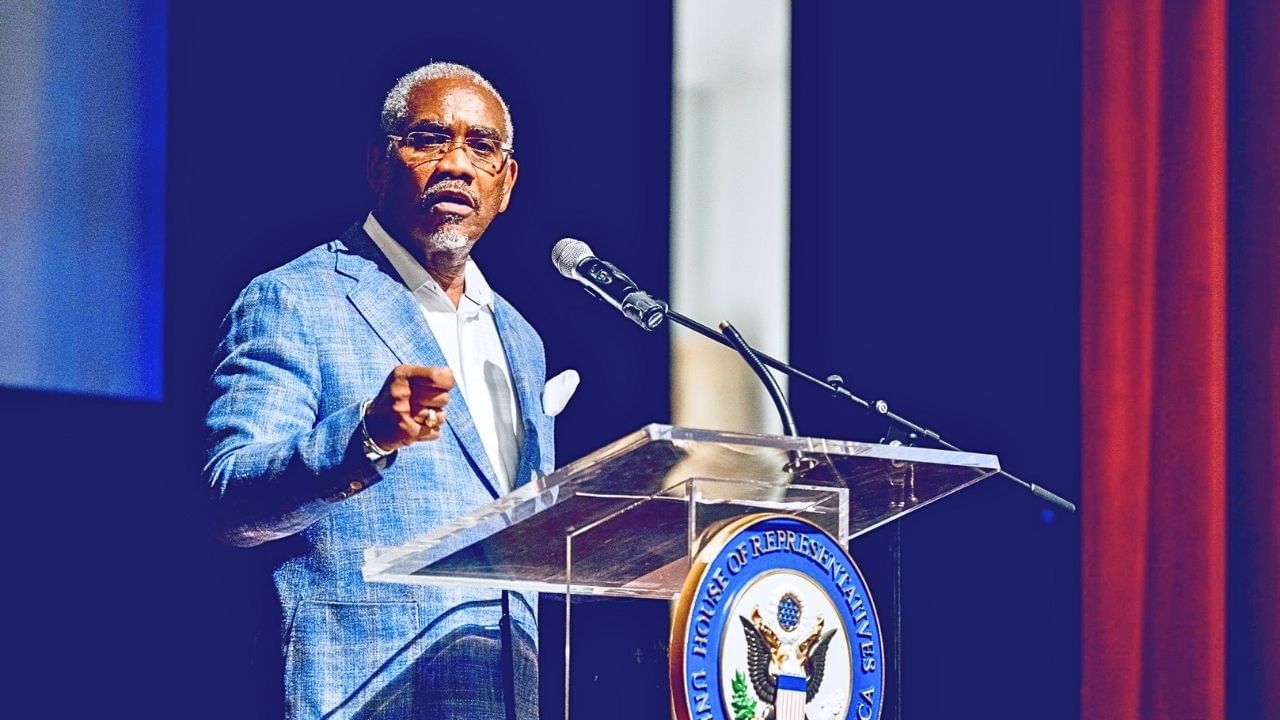New York: A key US lawmaker Rep. Gregory Meeks said President Donald Trump’s arbitrary tariffs against India “threaten” the “vital relationship” between the two countries.
Meeks, a ranking member of the House Foreign Affairs Committee Democrats, on Wednesday (local time) underscored “Congress’ support for the US-India partnership,” following his meeting with Indian Ambassador to the US Vinay Mohan Kwatra.
“Met with @AmbVMKwatra to underscore Congress’ support for the US-India partnership, which has strengthened over the past 25 years, including through the Quad,” House Foreign Affairs Committee Dems posted on social media, quoting Meeks.
“I reaffirmed our commitment to deeper ties, our shared hope for peace in Ukraine, and my alarm at Trump’s arbitrary tariffs that threaten this vital relationship,” Meeks said.
Responding to Meek’s post, Kwatra said, “Grateful for his constant counsel and steadfast support to the US-India relationship throughout his leadership on @HouseForeign.” “Our discussion spanned trade, energy, Indo-Pacific, and broader issues of mutual interest, ” Kwatra added in his social media post.
Kwatra also met with Rep. Carol Miller, Chair of the Congressional Energy Export Caucus, and briefed her on India’s energy security and trade perspectives.
“Took the opportunity to brief @RepCarolMiller, Chair of the Congressional Energy Export Caucus, on India’s energy security and trade perspectives, especially India’s hydrocarbon trade with the US. Highlighted India’s steadfast support to all efforts, including the Alaska Summit, for the resolution of the conflict in Ukraine through dialogue and diplomacy,” the Indian envoy posted on X.
Kwatra has been meeting US lawmakers almost daily amid strain in India-US relations after US President Donald Trump imposed tariffs totalling 50 per cent on India.
This includes 25 per cent for New Delhi’s purchases of Russian oil. Defending its purchase of Russian crude oil, India has been maintaining that its energy procurement is driven by national interest and market dynamics.
